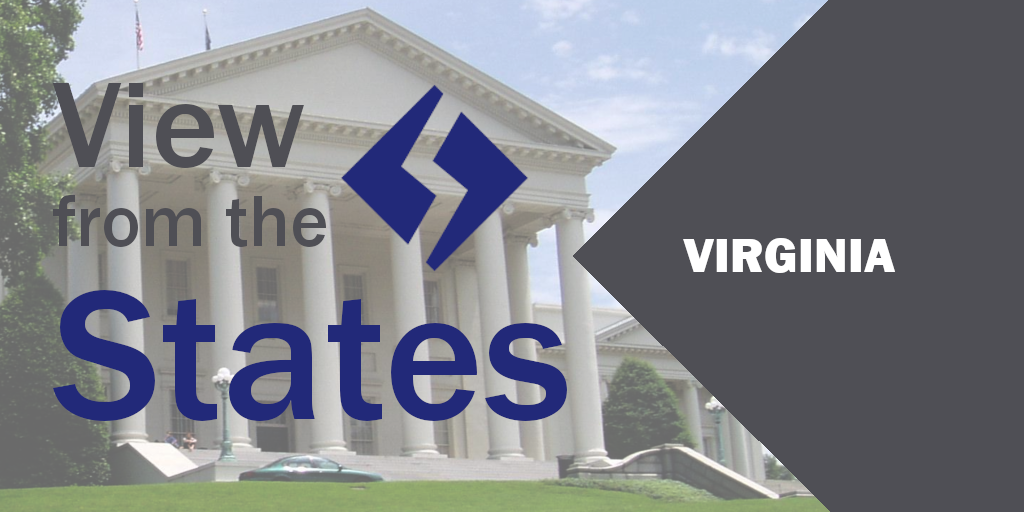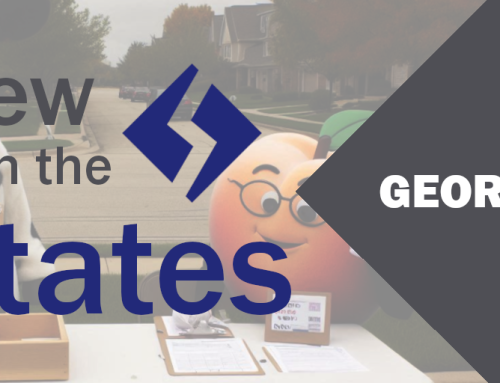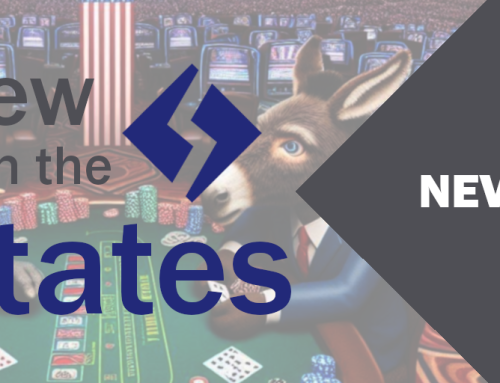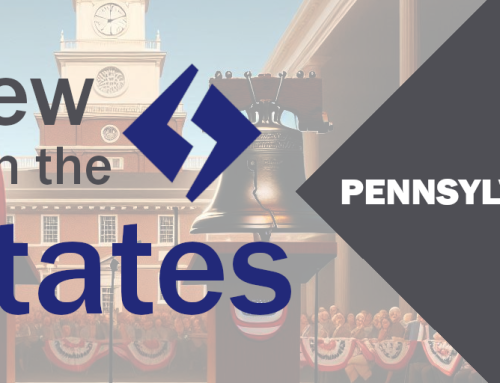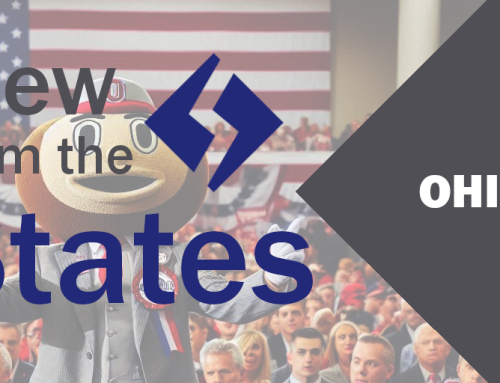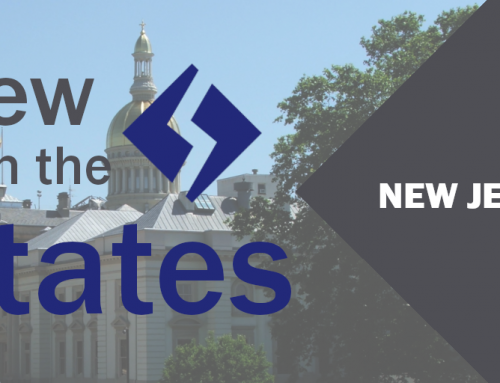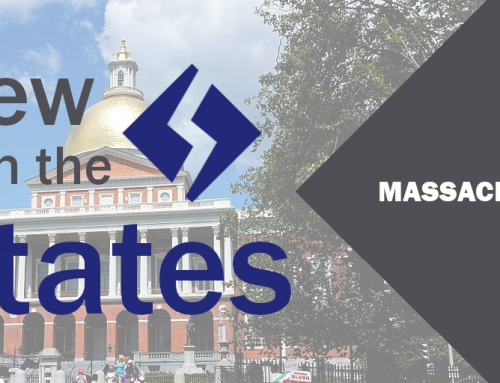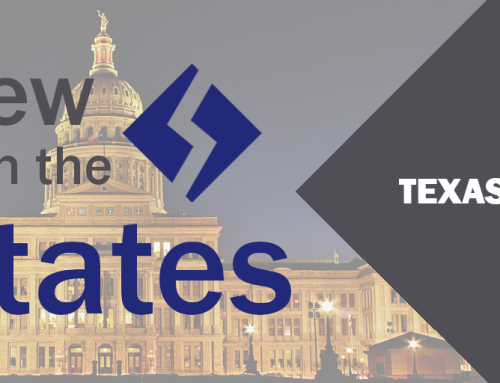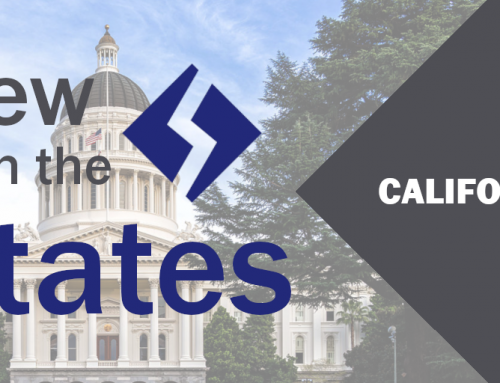Tapping into the expertise and perspective of Highland’s network of over 500 bipartisan, in-state operatives, “View from the States” offers you periodic insights into important local trends often overlooked by Inside-the-Beltway “conventional wisdom.”
In this edition, we take an early look at Virginia’s state legislative and gubernatorial elections.
After each Presidential election since 1988, the following odd-year gubernatorial elections have typically served as “course corrections” – installing the opposing party in the governor’s mansion. The trend goes back to the Watergate era in Virginia, with the only notable exception being Terry McAuliffe’s 2013 victory. But after the 2020 campaign and the lingering echoes of the Trump era, will this 30-year trend hold up?
Old Dominion, Familiar Face
Former Governor Terry McAuliffe will again seek to win the Virginia governor’s mansion after his party won the Presidency, and that won’t be the only historical trend he is trying to buck. Virginia limits its governors from running for re-election as an incumbent, but they can serve non-consecutive terms, as McAuliffe is trying to do. That hasn’t happened in 48 years, but McAuliffe was popular when his term ended. McAuliffe was generally viewed as a moderate, pragmatic, and competent governor, giving him the inside track for the general election. Voters could be drawn to this governing style particularly after the tumultuous, controversial tenures of President Donald Trump and Gov. Ralph Northam.
However, in-state sources tell Highland that two other declared candidates – former state delegate Jennifer Carroll Foy and current state senator Jennifer McClellan – may resonate more with the Democratic activist base. While McAuliffe’s pragmatic streak may go over well with most moderate Democrats and other general election voters, they may leave him open to a challenge from the left. One area to watch: Energy policy. McAuliffe’s policies as governor were perceived as very pro-energy development, and Virginia has become home to a highly effective (if somewhat under-the-radar) environmental activist community. Highland’s operatives in the state suggest that the Democratic primary is still McAuliffe’s to lose, but could see the path to an “out-of-left-field” primary upset.
Who Survives a “Grassroots Grind”?
Unlike the Democrats, Republicans choose their candidate via convention rather than primary. Yet the GOP will face a similar establishment-versus-grassroots dynamic.
State Senator Amanda Chase will seek to tap into the same type of disaffected voters that made the state closer than expected in the 2016 and 2020 Presidential contests. Former Speaker of the House and current Delegate Kirk Cox will look for more establishment support. Others, such as tech entrepreneur and former Lt. Governor candidate Pete Snyder and self-funder Glenn Youngkin will also try to position themselves as “safer” picks than Chase.
Highland’s Virginia operatives note that the convention format – which requires supporters to show in-person to a Saturday event and stay until the final round of voting is over in order to have their votes counted – could turn the nomination into a fight of attrition. If Chase can marshal dedicated, grassroots support, she will have an advantage – particularly if other candidates start stumbling over themselves to be the “anti-Chase” candidate.
Legislative Chaos on the Horizon
Control of the legislature will be up for grabs in 2021, with Democrats holding thin margins in both houses. However, thanks to delayed census data, Highland’s operatives report there will be a delay in redistricting. After the 2021 elections are held under current district lines, the lines will be redrawn and special elections held in 2022, to finish out the legislative term. Then in 2023, legislative elections will be held again on their “normal” schedule. That means Virginians can expect three successive years of legislative elections, which our in-state sources point out could create a high state of flux in terms of the balance of power.
Even as the Old Dominion’s state politics are increasingly influenced by a national context, there will be notable differences among the 2021 off-year gubernatorial electorate, the 2022 mid-term Congressional electorate, and the 2023 Virginia state legislative electorate.
How can you leverage in-state political trends to persuade key decision-makers? Contact us today to learn more.


